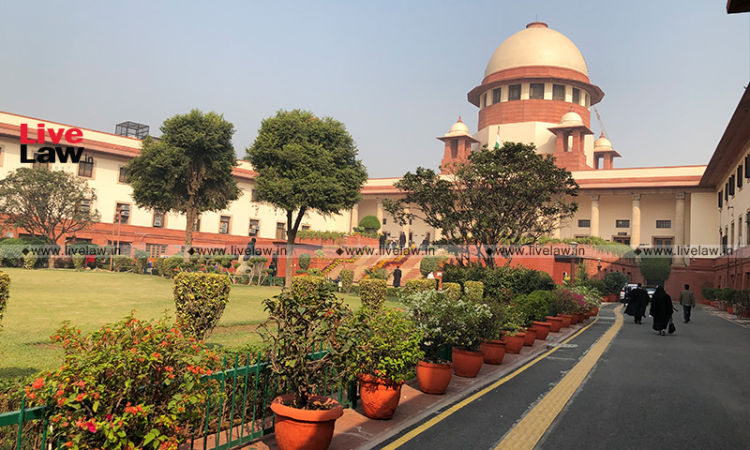In a matrimonial dispute, the Supreme Court disapproved the stand taken by an estranged wife that the alternate accommodation offered to her should have the "same" luxuries as her matrimonial home, where she used to live with her husband. The Court also rejected her plea seeking permission to reside in the matrimonial home, after noting that "relations between the parties are so strained that...

